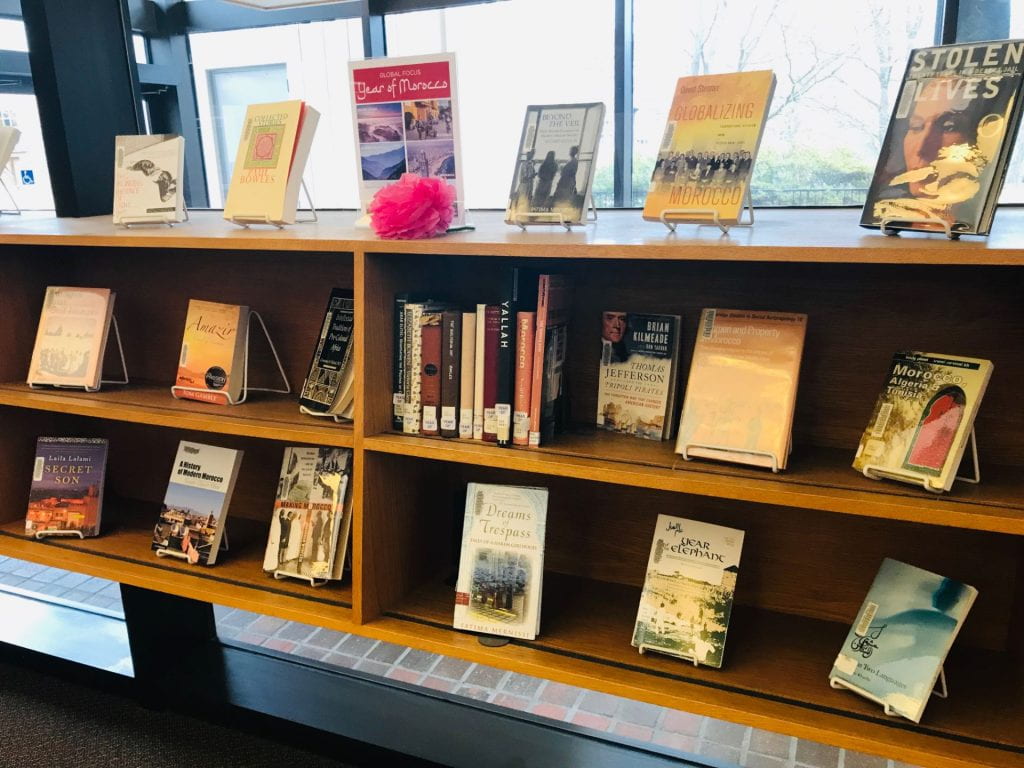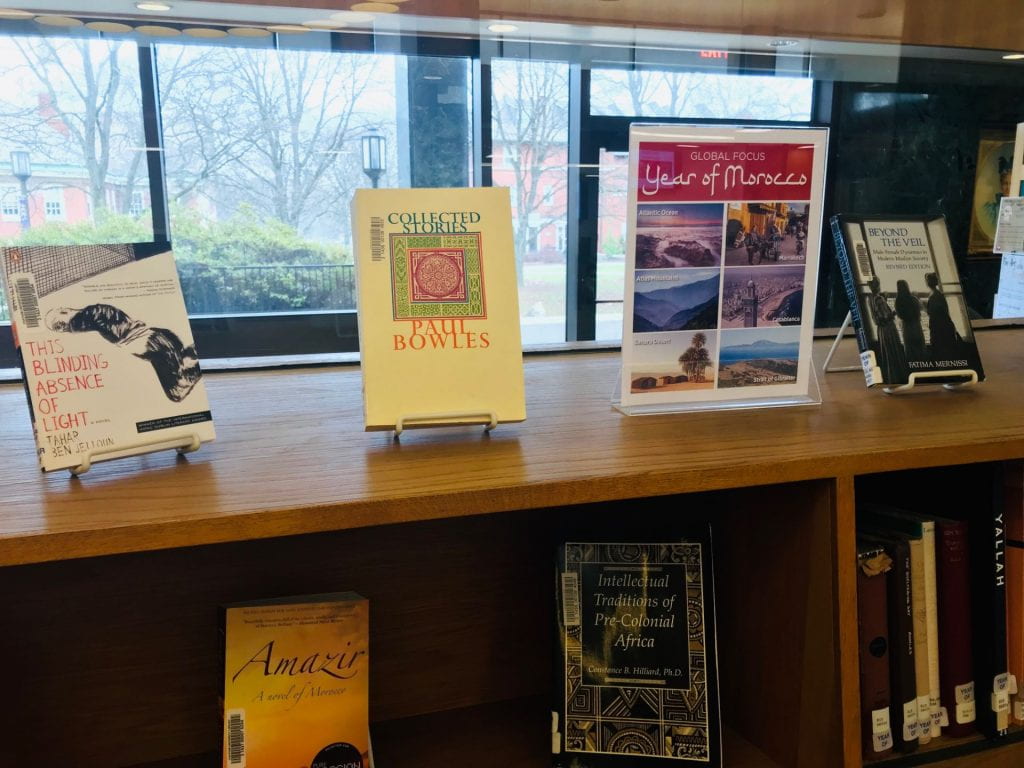It’s the year of Morocco! The global focus of the 2019-2020 academic year here at Chatham has turned its eye to this multifaceted North African country. Morocco is located in an advantageous region of the world for trade and travel, which led to a fascinating blending of cultures, customs, goods, and people.
The region of modern day Morocco was originally inhabited by Berber tribes and were under both Phoenician and then Carthaginian rule, acting as a critical resource in trade activity with the Iberian Peninsula. When Roman rule expanded and then collapsed, control of Morocco went back to the Berbers. Arab populations invaded in AD 684, adding yet another cultural element to the region.
Over the centuries, Morocco found itself in a unique position in terms of early globalization. As empires blossomed and crumbled, trade expanded and new religious and scientific thought was shared. Morocco’s physical location placed it in the middle of much of this change and movement. Leadership and rule of the region changed as influence in Europe and the Middle East shifted.
By the late 19th century, larger Imperialist powers in Europe were arguing over control of Morocco, and it eventually was taken by France and Spain. Morocco eventually gained its independence in 1956 after seeing much strategic action during WWII.
Over the next few decades, shifting boundaries continued as previously colonized regions were returned and new boundaries were drawn all over the world, including Morocco. Political unrest also continued, and the country’s governmental structure has gone through changes as recently as the 1990s.
Today, Morocco is an Islamic state (Sunni) with a hereditary constitutional monarchy with a two-chamber legislature. While the King retains veto power, there is a selected Prime Minster who runs the government. Modern Morocco has made strides in social reform, granting women increased rights and freedom, working toward decreasing unemployment, and strengthening their global relationships especially with Europe.
To learn more general knowledge about Morocco, visiting our Global Focus display on the first floor of the JKM Library and check out any number of the follow fiction and non-fiction titles. You can also visit Credo Reference and read the entry for ‘Morocco’. Special thank you to Luke Peterson, the Faculty Coordinator for the Global Focus this year, for suggesting some of these amazing titles.
- A History of Modern Morocco by Susan Gilson Miller
- Amazir by Tom Gamble
- Beyond the Veil by Fatima Mernissi
- Globalizing Morocco by David Stenner
- Secret Son by Laila Lalami
- Travels in Asia and Africa, 1325-1354 by Ibn Batuta
- This Blinding Absence of Light by Tahar Ben Jelloun
- Up Above the World by Paul Bowles
- Women and Property in Morocco by Vanessa Maher
- Year of the Elephant by Laylá Abū Zayd
- And many many more!



